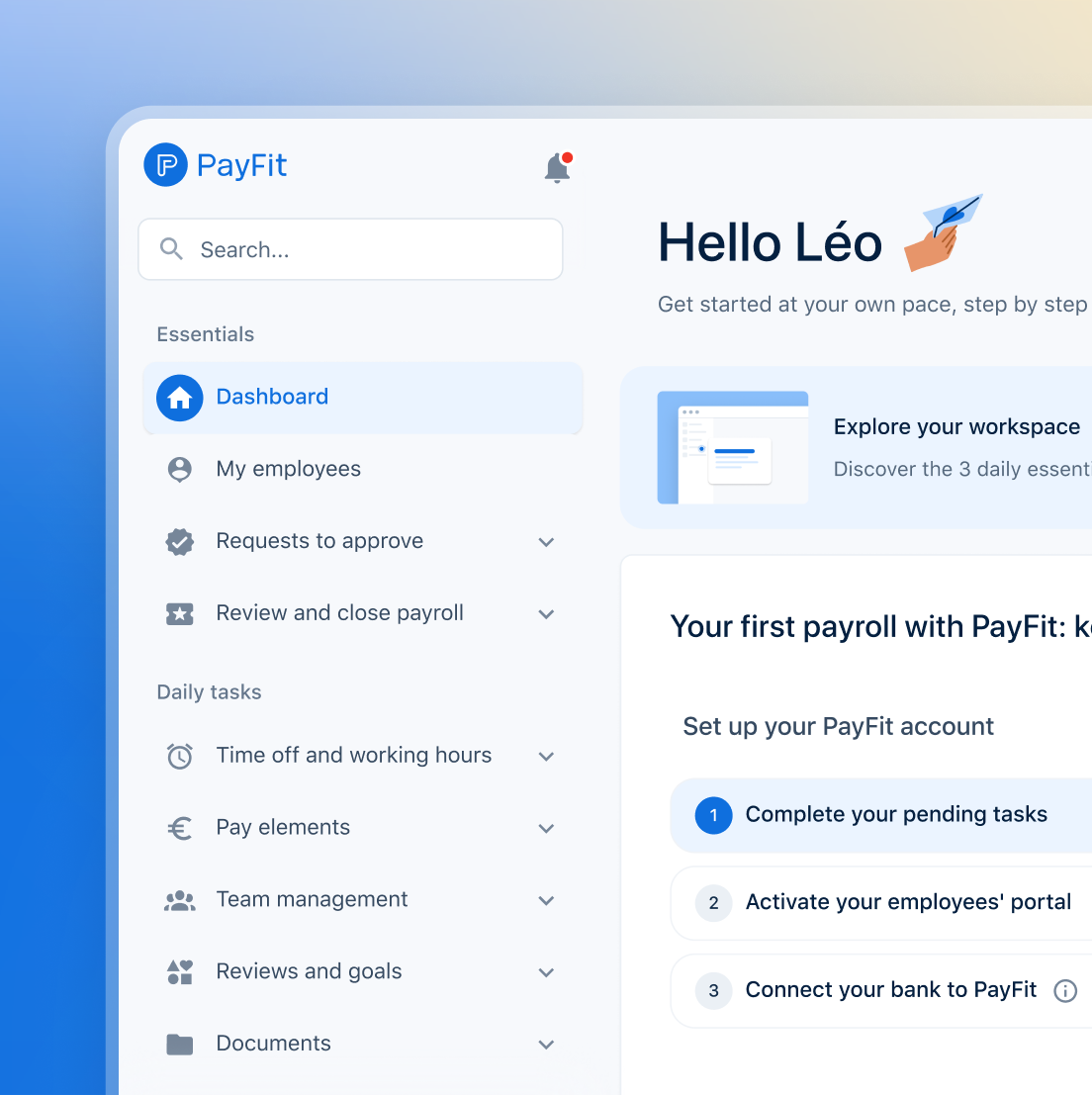✨ Health insurance, now in PayFit - learn more
💷 All the rates & thresholds you need to know for 25/26...right here
✨ The Payroll Journey: Start, Scale & Succeed Globally - learn more
✨ Health insurance, now in PayFit - learn more
💷 All the rates & thresholds you need to know for 25/26...right here
✨ The Payroll Journey: Start, Scale & Succeed Globally - learn more

A couple of months ago, we wrote an article about the Uber ruling and its impact on payroll.
In the article, we predicted that the ruling could affect the gig economy and set a precedent in the future.
However, in June, in what many people considered a similar case, a ruling by the Court of Appeal declared that Deliveroo riders were to be considered self-employed instead of employees.
In this piece, we look at the Deliveroo ruling and explain why it was different to Uber's.
Until February of this year, Uber drivers were determined to be self-employed contractors and, as a result, were denied the same rights afforded to both employees and workers.
Drivers took Uber to court, claiming that the level of control Uber held in the working relationship tipped the balance of power disproportionately in Uber's favour.
The Supreme Court agreed, and the decision it came to stipulated that drivers were to be classified as workers and not self-employed.
Consequently, Uber drivers became eligible for significantly more employment rights than had been previously afforded to them.
On 24 June, the Court of Appeal ruled that Deliveroo riders were to be deemed self-employed.
The case dated back to 2017 and was initiated by the Independent Workers' Union of Great Britain (IWBG).
IWBG argued that Deliveroo riders should be classified as "workers" and hold the right to unionise and bargain collectively for better terms and conditions.
However, the judges disagreed. The ruling decision focused on riders' rights to organise a replacement to perform their duties if they could not work or decided not to.
The ruling means that Deliveroo riders have failed to secure employment rights such as annual leave and National Minimum Wage (NMW).
The judges in the Deliveroo case decided that riders did not fall under the definition of employees under article 11 of the European convention on human rights.
Article 11 in the European Convention of Human Rights states that everyone has the right to freedom of peaceful assembly and to freedom of association with others, including the right to form and to join trade unions for the protection of his interests.
Uber's ruling was different because that case was not centred on the argument relating to the interpretation of Article 11 and that Uber drivers had significantly less flexible working arrangements than Deliveroo riders.
Within the last six months, two huge names in the gig economy have gone through similar legal processes; however, the decisions have brought about two very different outcomes.
Both Deliveroo and Uber have been through numerous legal rounds to try and determine the legal requirements regarding working arrangements and obligations.
The varying nature of the decisions made by the courts means that there is still a great deal of uncertainty and ambiguity about how workers within the gig economy should be classified.
Moving forward, and with no single precedent set by these rulings, companies must consider the control and flexibility they have and make more informed determinations surrounding workers and contractors based on the arrangements held in place by any contract for services.
In the short term, although the verdict may have provided some clarity to Deliveroo, the IWBG has already said that it is considering its options. This means that an appeal and final ruling by the Supreme Court is not out of the question.
It is interesting to see the differing outcomes from both the Deliveroo and Uber cases, and it's certainly difficult to predict what this may mean for the future of the gig economy.
While companies reliant on the gig economy may feel relieved with the outcome of the Deliveroo ruling, it does go to highlight how important it is for companies to take extreme care when determining the employment status of both their workers and contractors.
From an outsider's perspective, the Deliveroo and Uber cases may look very similar, and the decisions made by the respective courts may even seem contradictory. However, the facts in both cases differed and applied to different aspects of the worker status test.
A deciding factor in the Deliveroo case was that the riders could provide a substitute to perform the work on their behalf. On the other hand, Uber drivers did not have this option.
The ruling raises the moral question of why Deliveroo is willing to pay thousands of pounds in legal fees to avoid providing their contractors with seemingly basic employment rights.
Until there is a clear statutory definition of self-employment in UK law, cases such as Deliveroo's are likely to be repeated in the future.
Unlike Uber, whose ruling is final and where there are no further rights of appeal, Deliveroo may face further legal challenges as the IWBG considers its options.


Learn what the Carer’s Leave Act means in 2026: carers’ rights, how leave works, notice rules, postponement, and policy steps for employers.

Is paternity leave 14 working days in the UK in 2026? Learn how long paternity leave lasts, who is eligible, how pay works and what notice is required.

Learn what Labour’s 4-day week plans mean in 2026, plus your options now: flexible working, compressed hours, contracts, and HR actions.

What is the Alabaster ruling? Learn how pay rises during maternity leave affect Statutory Maternity Pay (SMP) and how to calculate arrears correctly.

A guide for employers on the Neonatal Care Act, in force since April 2025. Learn about leave entitlement, pay eligibility, notice periods & the two-tier system.

A new flexible working law came into effect in 2024. Employees have more say over how & when they work. Understand what it means for you as an employer.

See what's new in PayFit
New features to save you time and give you back control. Watch now to see what's possible